Iran’s second oilfield in Fars begins producing 10,000 bpd
Iran has begun production from the second oilfield in southern Fars province at a rate of 9,000 barrels per day (bpd), the CEO of the National Iranian Oil Company (NIOC) has said.
The Khesht oilfield, located 180 km from Shiraz, started up production Monday on the anniversary of the nationalization of the Iranian oil industry in 1951, which is a public holiday and ushers in the new Persian year.
“The second oilfield in Fars province came on stream on the eve of the new year, coinciding with the anniversary of the nationalization of the oil industry, with a daily capacity of 9,000 barrels per day of oil,” NIOC Managing Director Mohsen Khojastehmehr said.
This rate of output has been achieved with the operation of three of the five wells drilled at the field, he said. The other two wells are in the final stages of completion with 85% progress and are estimated to come online in the next few months.
Early output from the field will be sent to Nargesi Production Center in Bushehr via a 10-inch pipeline that stretches for 17 kilometers, Khojastehmehr said.
The field is being developed by a domestic company under the supervision of the Iranian Central Oil Fields Co.
Parts and equipment needed in the project have been manufactured and supplied by Iranian producers and knowledge-based companies under the state policy to support domestic production, Khojastehmehr said.
Despite having significant domestic expertise in geology and petroleum engineering, Iran has traditionally needed access to modern equipment and technology to develop its reservoirs, but the sanctions have discouraged international energy companies from engaging in Iranian projects.
The sanctions, however, have been a boon to Iranian firms which have attained some impressive milestones and feats that hitherto were exclusive to international companies.
Thanks to the sanctions, Iranian companies are now carrying out major tasks ranging from upstream oil and gas exploration, exploitation and production to downstream projects.
Last month, Iranian companies signed $1.35 billion of deals to process natural gas extracted at the country's oilfields and develop another oilfield in its resource-rich Khuzestan province.
Cambodia also invited Iran to conduct oil and gas exploration in the Southeast Asian country and set up a refinery, while Venezuela signed initial agreements with the Islamic Republic, including for developing oil and gas fields in the South American nation.
Early this year, an Iranian petroleum engineering company signed an agreement to provide technical and maintenance services, including on engineering and construction of gas pipeline networks, pumping stations and gas storage facilities, to Romania’s Gaz Vest.
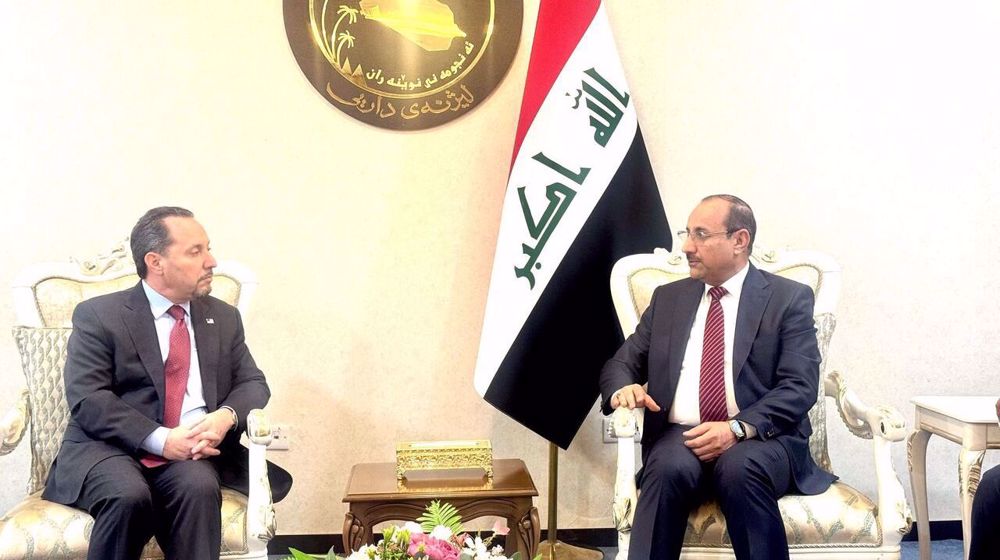
Iraq warns US its power grid would collapse without Iran gas supplies
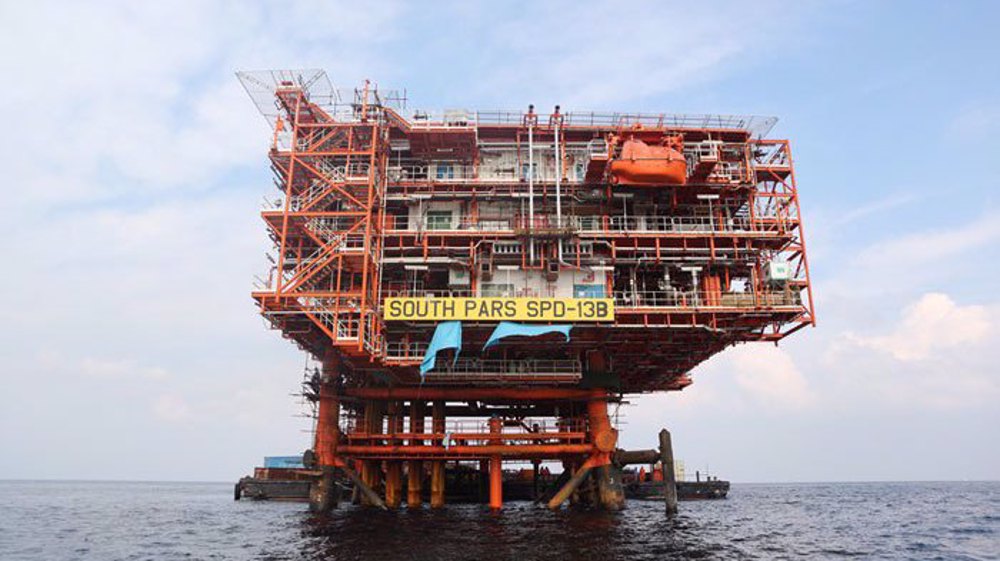
Role of world’s largest gas field in Iran’s energy security
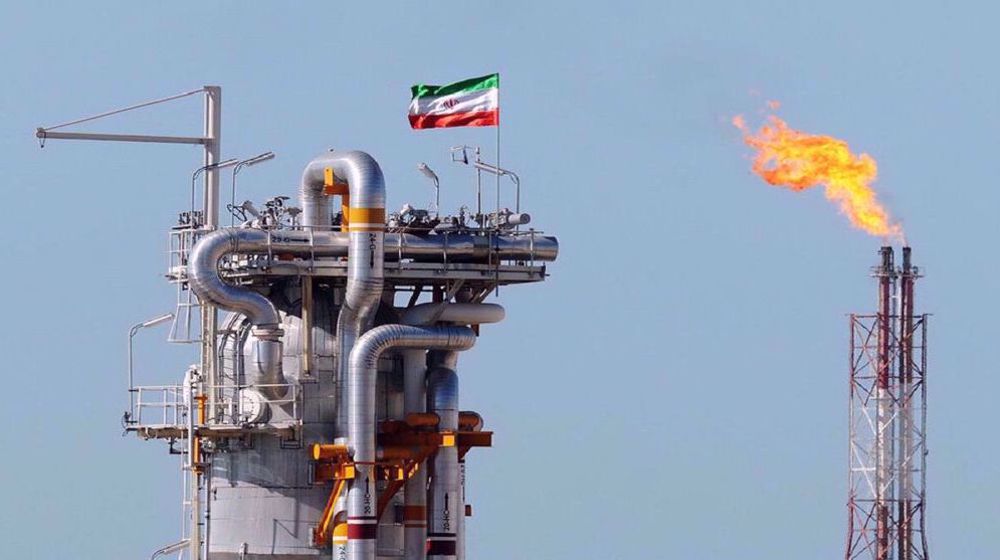
Trump admin. revokes Iraq’s sanctions waiver for Iranian electricity imports
Iran Armed Forces ready to give 'crushing response' to aggressors: Army commander
VIDEO | American exceptionalism & Trump's foreign policy with Peter Kuznik
Fake plan to attack Australia synagogue fabricated by organized crime: Police
‘Attack on free speech’: Condemnations as US threatens to deport pro-Palestine activists
VIDEO | Russian, Chinese naval vessels enter Iranian waters for major joint military drills
Iran condemns deadly violence in Syria against minority groups, urges end to massacre
Houthi calls Takfiris in Syria tools of foreign powers amid ‘genocide’, warns of consequences
Canada’s next PM: We cannot let Trump and his trade war win


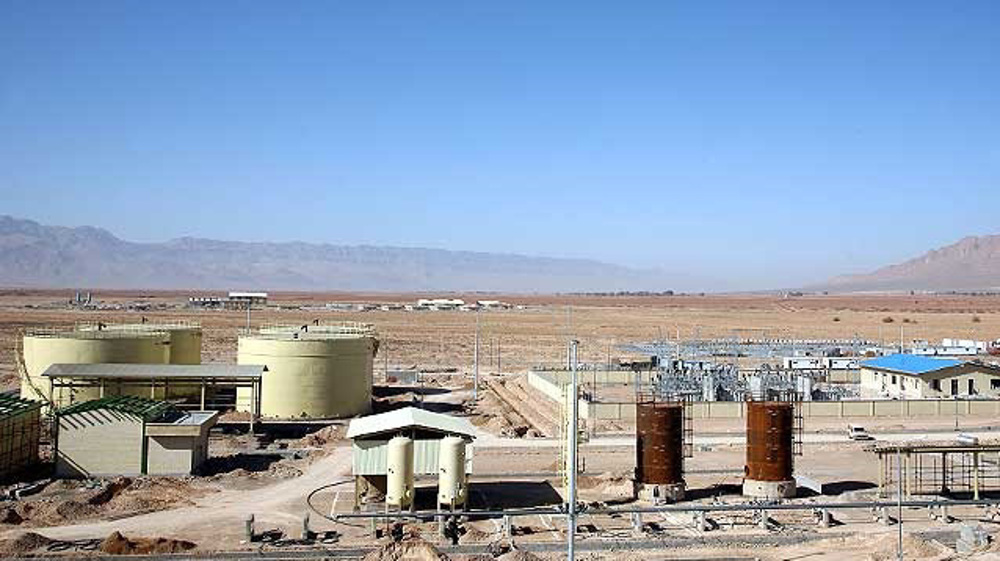
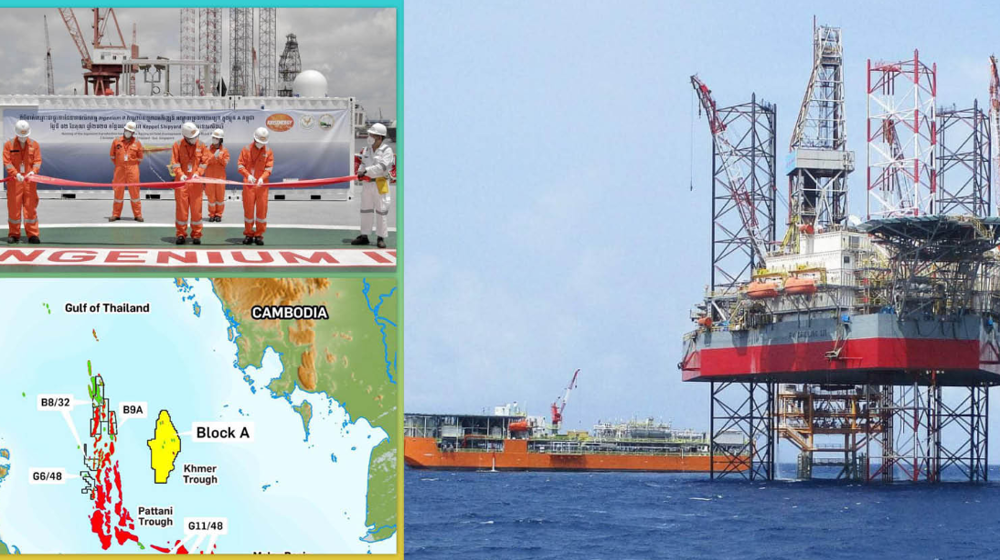




 This makes it easy to access the Press TV website
This makes it easy to access the Press TV website